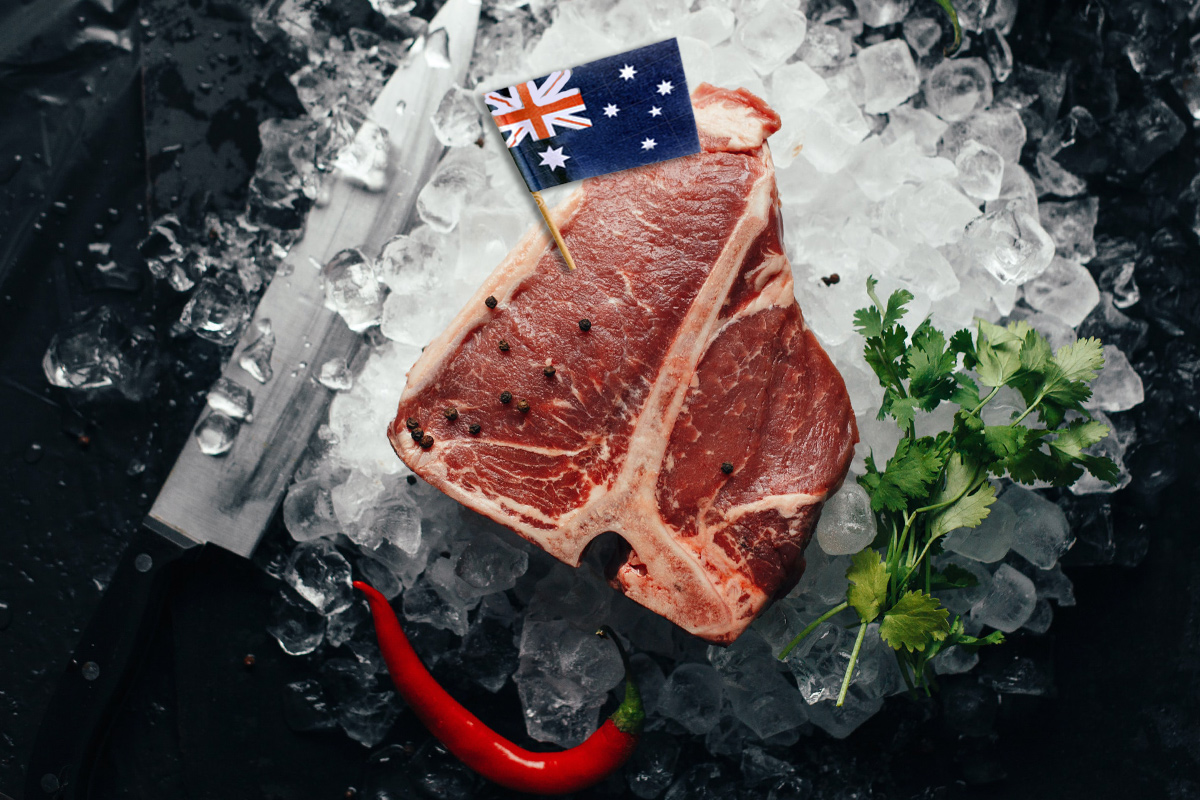



Article by: Hari Yellina
African swine disease ravaged China’s pig herd in 2018, shattering the global meat trade. However, with stock numbers on the mend, the effects on Australia’s largest red meat export market are beginning to be seen. According to a recent Meat & Livestock market snapshot report, China is Australia’s largest sheepmeat export channel and most stable export beef trade, so despite early concerns about rising pork consumption as a result of increased production, market commentators have dismissed fears of reduced trade into China. A reduction in swine production in China is expected to generate a 25-million-tonne gap in available pork meat by 2020, leaving a lot of room for alternative proteins to become the preferred choice for Chinese consumers.
Australia’s beef and sheepmeat exports to Greater China totaled 341,519t in 2020-21, valued at $3.1 billion, and Thomas Elder Markets analyst Matt Dalgleish predicted that the market would stay strong. “China has been a long-term market for Australia; 40% of sheepmeat exports go there,” he said. Even as the herd recovered, ASF boosted red meat supply into China from all over the world, and Mr Dalgleish predicted that it would not revert to a “normalised” situation.
China has reduced its imports of Australian beef by 20%, but Mr Dalgleish said that was to be expected given the restricted availability and high cost. “In the next years, there are still positives with trading with China,” he said, “especially as political tensions subside.” Despite an increasing herd size, production concerns such as litter sizes would translate to reduced pork volumes, contributing to continuing stable red meat imports into China. “The pork business is not projected to be back on its feet until the middle of the decade,” he said.
Livestock SA president Joe Keynes recognised that China’s support for sheep and lamb, as well as beef, will continue. “We understand there are issues with many of our export abattoirs,” he added, “but China has remained an important market for Australian meat.” “Obviously, we must concentrate on such a vast market, but market variety must also be considered.” Mr. Keynes stated that expanding prospects for Australian red meat outside of China was critical for the industry.